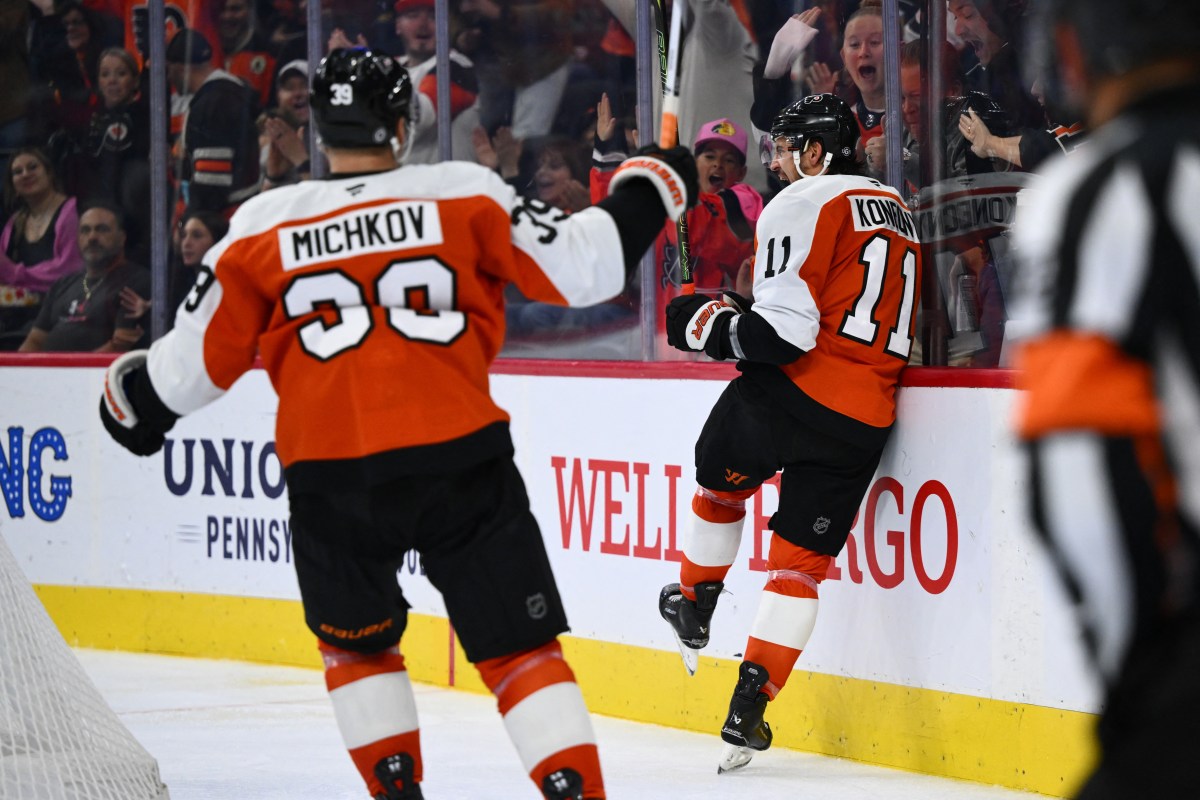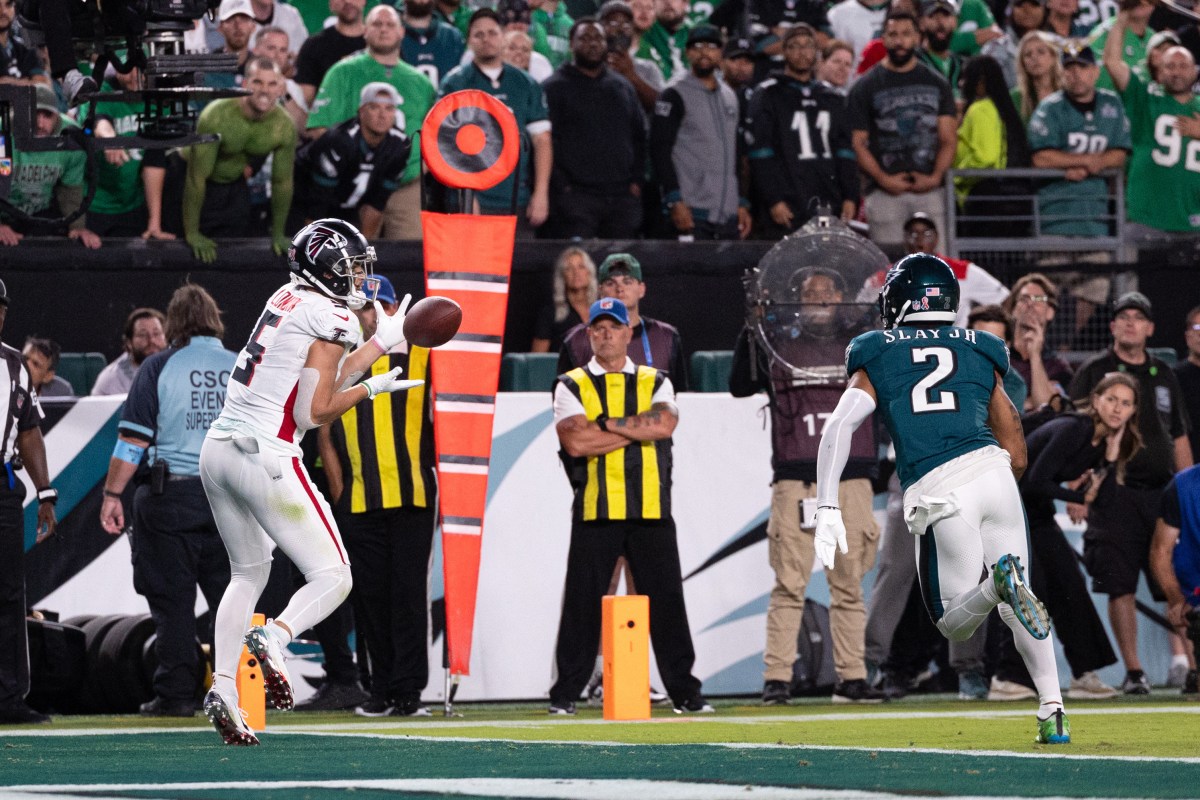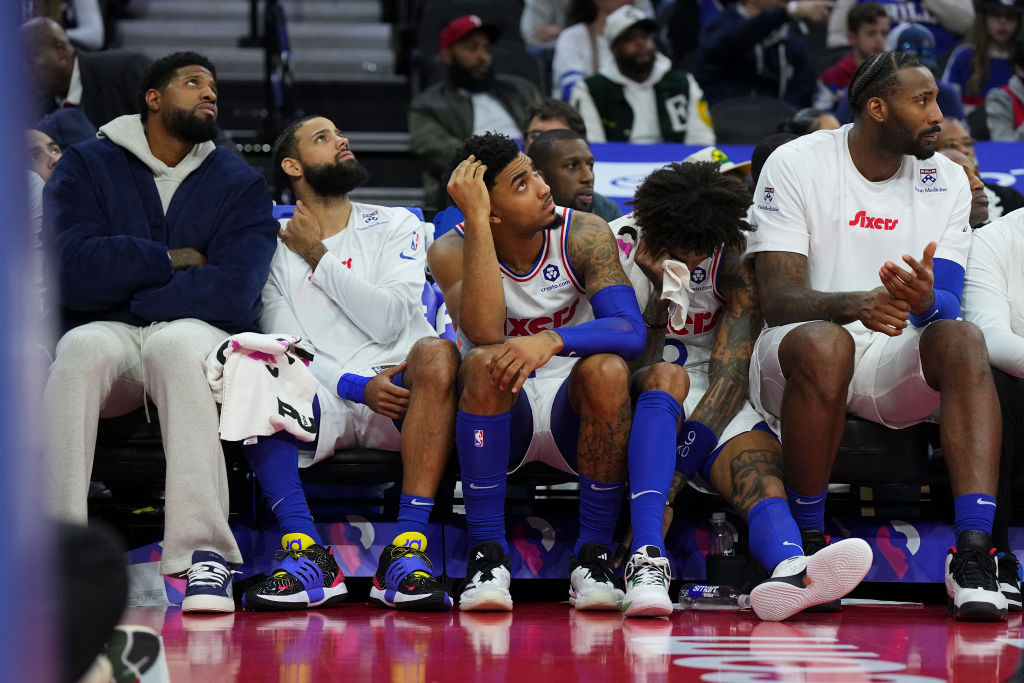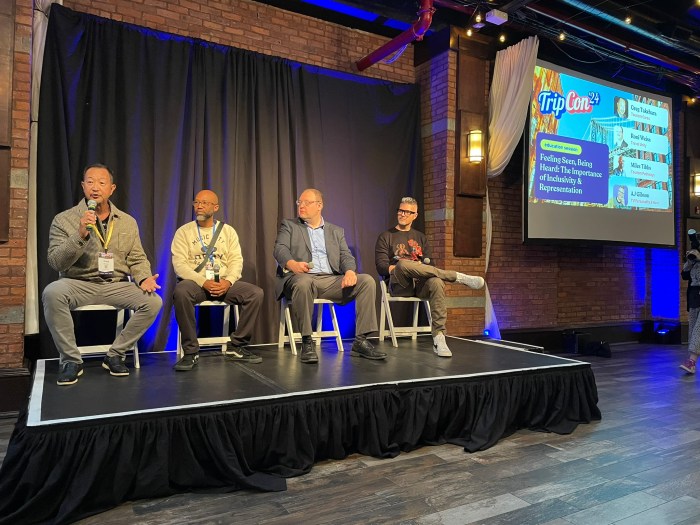In “20th Century Women,” we see Greta Gerwig as we’ve never seen her before: With red hair — and a lot less giggly and insecure than usual. The acclaimed actress plays Abbey, a young, serious photographer and cancer survivor who lives in a Santa Barbara house in 1979. She shares a commune-style house along with her landlord (Annette Bening), her landlord’s teenage son(Lucas Jade Zurman), a teenage girl (Elle Fanning) and a 40-something fix-it-man (Billy Crudup). The latest from filmmaker Mike Mills (“Beginners”), it finds characters eking by and hanging out, unaware of the looming Reagan ’80s. Gerwig, 33, talks to us about exploring the era’s music, Jimmy Carter and being a New Yorker who’s a California girl at heart.
RELATED: Interview: Hayley Squires on how “I, Daniel Blake” is a perfect film for right now For one thing, making a movie set in 1979 means you get to do a deep dive in the music from that era, which is some of the greatest, coolest music ever recorded. Did you have a favorite amongst the bands you’d never really listened to before? It’s the same thing for DJs: You get to force people to listen to music you like. I heard Mike Mills made each of you pick a song that best conveyed your character. What was yours? This is one of many new films that seems relevant after the election. The scene where they watch Jimmy Carter’s “Crisis of Confidence” speech — it’s as though he was speaking about right now. The feminist literature we hear about in the movie is scarily timely, too. I think this presents a really fascinating portrait of California, too. Even though you’re a New Yorker now, you were born and raised there, so it must be particularly resonant. Follow Matt Prigge on Twitter @mattprigge
I know music pretty well. I’m a huge fan of Talking Heads and David Bowie and Television and Iggy Pop and The Band — just everything that was going on in the ’70s. There were some deep cuts for me, particularly in the punk scenes, like The Raincoats and The Slits. I had heard of them, but I didn’t know a lot about them. They didn’t feel like they were mine. When I was getting into the character and listening to the music, I really felt like I took ownership of that music that had seemed more oblique to me.
I’m all for The Raincoats. They’re great. I can always tell when I love a song if my overwhelming sense is I want to put it in a movie. [Laughs] That’s when I love it. In a way, putting a song in a movie is almost forcing people to enjoy it the way you enjoy it — because they’re presumably trapped watching your movie.
Although I find it really frustrating when you play a song you really love to someone, and they’re not really paying attention to it. They’re texting or they seem like they get the song and they’re going to move on with their life and start talking. It drives me crazy. I actually don’t do that anymore, except with people I know are very respective and receptive. Which makes me sound like a control freak. [Laughs] But there’s nothing more disheartening than thinking, ‘No, you’re missing the song! I don’t want to talk about what your therapist said! I want you to listen to this song!’ [Laughs]
“Found a Job” by Talking Heads. I love that song, and there’s something so great about Talking Heads’ records. They’re such storytellers. In a way they seem like when Cindy Sherman created film stills for movies that don’t exist, using herself as a subject. It’s like David Byrne is writing little scenes form movies that don’t exist and putting them into songs. Like a couple writing a sitcom — that’s a crazy subject for a pop song. Or “Don’t Worry About the Government”: That entire song is about fantasizing about how good your life would be if you lived in one building. Which is a completely understandable emotion, but I don’t think it’s an intuitive pop subjects. It felt similar to the way Abbey was interested in photography: It’s using the medium deliberately incorrectly.
That speech is strangely prophetic; it’s amazing a president ever spoke that way. We seem to measure our national health by how much people are buying. And he’s talking about not buying. That’s pretty wild. And nobody heeded his warning at all. [Laughs] They just ran full steam into the ’80s and ’90s, right up to today. We just love buying s—! [Laughs]
A lot of that stuff felt like it could have been written yesterday. It’s all the exact same problems. It’s not different at all, I’m sorry to report. That was fascinating to put myself in that mindset, of what it would feel like to encounter these ideas for the very first time.
I’m a California girl. My brother’s still there, my sister’s there, most of my family’s there. I’m deeply related to California. It’s so odd because I don’t think anyone associates me with California. I grew up in Sacramento, and Annette grew up in San Diego. We talked a lot about the peculiarities of California that I think are often missed. When people think of California, they think of Los Angeles and San Francisco. The truth is there’s a very deep, very powerful conservative bent that runs through California, in San Diego, in Santa Barbara, in Sacramento. We are the home of Reagan. Joan Didion, when she started she was conservative, she was a Republican, 100-percent. She thought all that hippie stuff in Haight-Ashbury was ridiculous. That’s the side of California that Annette’s character is in opposition to. It’s something I really understood. I just hadn’t had the pleasure of being in a film about that side of California.
Greta Gerwig on ’20th Century Women’ and being a California girl
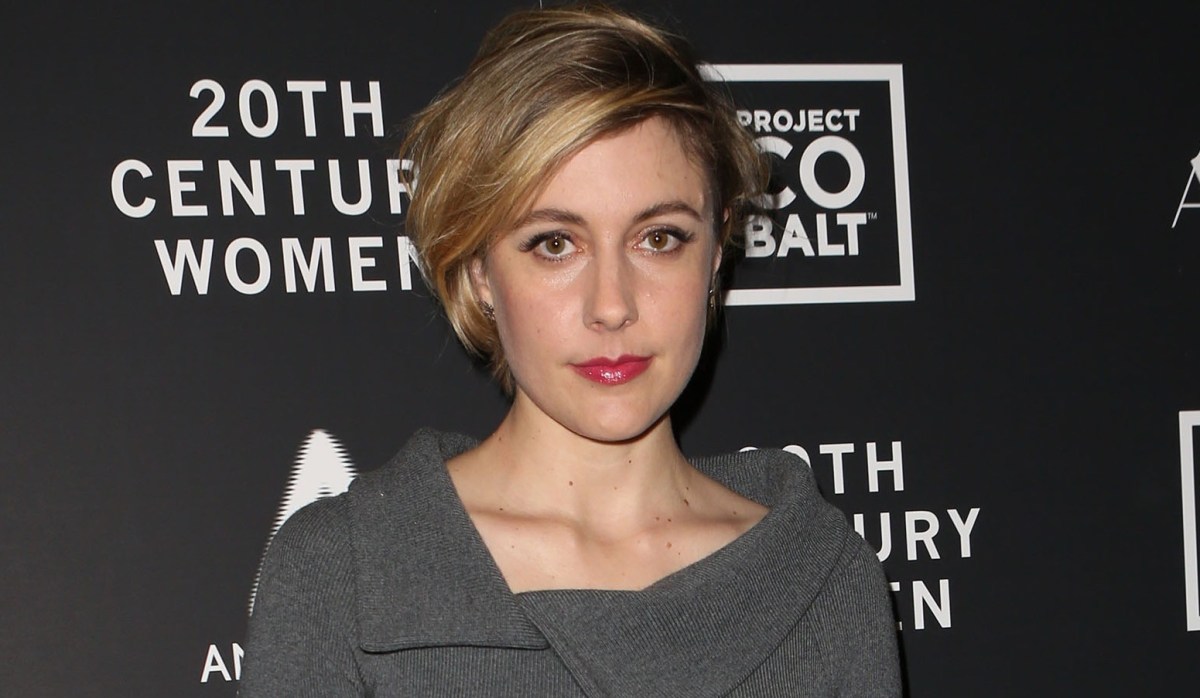
Getty Images







